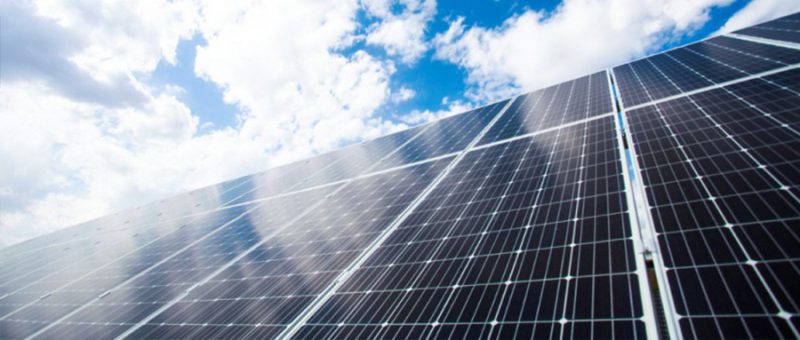PVTIME – Germany’s VDE Association has announced that the world’s first product-level safety standard for plug-and-play photovoltaic systems will be released in December 2025. Titled DIN VDE V 0126-95/VDE V 0126-95:2025-12, ‘Plug and Play PV Equipment for Grid Connection, Part 95: Safety Requirements and Tests’, the standard will put an end to the long-standing lack of unified regulations in the sector, enhancing user safety, product liability protection, and market trust in the technology.

Developed over eight years, the standard defines plug-and-play PV systems as complete products for the first time, setting out key requirements for power output, safety, and plug types in order to support the fast-growing market. It addresses two core areas: maximum power limits and connection rules. The maximum grid-connected capacity of the inverter is set at 800 VA, with PV modules paired with standard household Schuko plugs allowing a total maximum power of 960 Wp (800 Wp plus 20%), and those using dedicated energy plugs, such as DIN VDE V 0628-1, reaching up to 2,000 Wp.
Regarding connections, the standard approves previously unrecognised methods through safety measures, including improved plugs with shields or disconnect switches, and internal electrical isolation, such as transformer isolation in inverters, or household plugs with protective earthing for regular sockets. Traditional dedicated energy plugs (DIN VDE V 0628-1) remain compatible.
Key innovations include balancing safety and convenience, enabling simplified grid connection while raising power limits to resolve past disputes over strict restrictions. The standard also integrates systems as complete products rather than component assemblies, providing clear guidelines for manufacturers and testing criteria for inspection bodies.
According to BSW Solar data, Germany’s Federal Network Agency has registered approximately 1.15 million plug-and-play PV installations, totalling 1.14GW. The agency revised registration rules in 2024 to reduce administrative burdens and encourage uptake.
Notably, the standard excludes plug-and-play PV systems with energy storage. The DKE K 373 committee is planning subsequent chapters to set out the requirements for separate storage systems. In mid-December, DKE will also release explanatory documents and a FAQ guide to aid understanding and application.
The German national standard has attracted significant interest from IEC TC 82, the Solar Photovoltaic Energy Systems committee. Alexander Nollau, Head of Energy at DKE, noted that parts unrelated to grid connection could join the international standard framework, adding that these technical requirements have global relevance, and that DIN VDE V 0126-95 is likely to form the basis for future international plug-and-play PV standards.

Scan the QR code to follow PVTIME official account on Wechat for latest news on PV+ES











